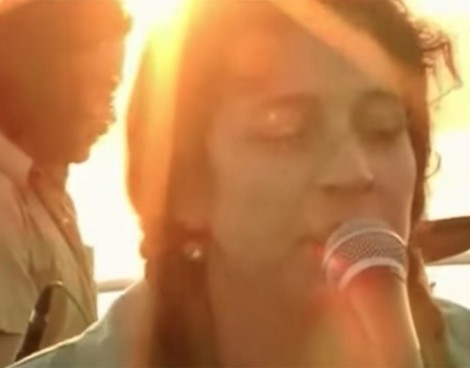Your podcast discovery platform
Curious minds select the most fascinating podcasts from around the world. Discover hand-piqd audio recommendations on your favorite topics.

piqer for: Globalization and politics Global finds
Sezin Öney, originally from Turkey, is based in Budapest and Istanbul. She her journalism career as a foreign news reporter in 1999 and she turned into political analysis as a columnist since 2007. Her interest in her main academic subject area of populism was sparked almost decade ago; and now she focuses specifically on populist leadership, and populism in Turkey and Hungary. She studied international relations, nationalism, international law, Jewish history, comparative politics and discourse analysis across Europe.
Tides Of Change
These days Turkey is hitting the headlines with stories concerning grim news about its politics, democratic decline and human rights abuses. In Against this context, Filippo Cicciù interviews the psychedelic music group Baba Zula. They are musicians trying to survive and muddle through a problematic period through art and creation. In the interview, a band member talks about the concept of "hüzün", which might be roughly translated as "melancholy" and how they are trying to find refuge in music:
The band’s libertine soul has always helped them negotiate the ever tense socio-political situation in Turkey. “Nothing ever changes in here,” sighs Levent, the 50 year old founding member responsible for their electronic and dub touches. The situation today is not so different from how it was back when they started out, he continues, with a strong dose of hüzün. More than a mere word for Turkish people, hüzün encompasses a fundamental concept: expressing the eternal and melancholic sadness underlying everything in life.
The group started off as the jazz-punk collective Zen, and then its members, Murat Ertel and Levent Akman formed Baba Zula in 1996 to play “psycho-belly dance music”. They ended up playing "a mix of traditional Anatolian music, poetry, upbeat tunes, oriental traits and acid psychedelia blended with the aforementioned dub". Their audience is also composed of a mixture of diverse segments of Turkey; a rarity in an increasingly polarized country where people refrain from mixing up due to political differences. In Cicciù's words:
At their crowded gigs, girls with headscarves dance next to aged hippies, drunken punks and the kind of hipsters who curl their moustaches before going out. Baba Zula songs often take the shape of a long instrumental crescendo, and when there are lyrics, they are rather more like thoughts expressed in poetic form.
Is this poetry that makes people come together, or is it the collective "hüzün"? Or maybe the nostalgia for less problematic and more undivided times?
Stay up to date – with a newsletter from your channel on Global finds.
